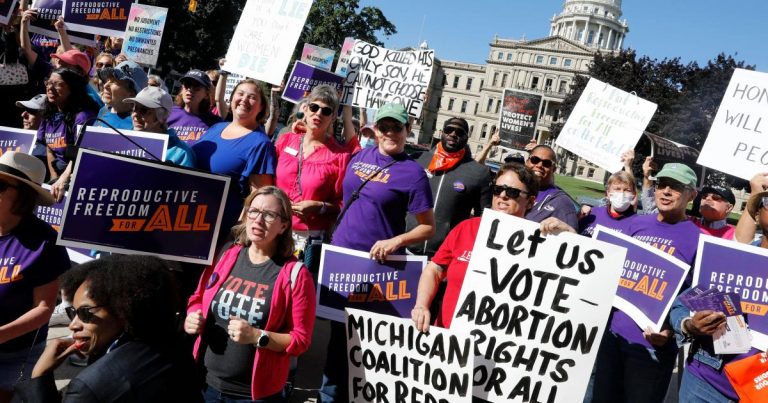Supreme Court rejects RFK Jr.’s request to run for office in New York
Welcome readers, to the latest update on the legal battle surrounding Robert F. Kennedy Jr.’s bid to have his name restored to New York’s general election ballot. The Supreme Court recently rejected Kennedy’s request to be placed back on the ballot, upholding a lower court decision. Let’s delve into the details of this complex and controversial case that has captivated political observers across the nation.
The saga began when Kennedy, an independent presidential candidate, collected over 120,000 signatures to run in New York’s election. Despite the state elections board initially certifying his petition and approving his candidacy, a legal challenge emerged regarding the address listed on his nominating petition. State law stipulates a candidate’s address must be their “fixed, permanent, and principal home,” a requirement Kennedy’s Katonah address did not meet in the eyes of the court.
As the legal wrangling continued, Kennedy’s campaign argued that the address was inconsequential to voters and cited concerns for his safety and privacy if his home address was disclosed publicly. The campaign emphasized that the residence requirement was unrelated to the qualifications to run for president and could expose Kennedy and his family to potential risks.
However, the courts, both state and federal, maintained that the address issue disqualified Kennedy from the ballot. Despite his efforts to challenge his exclusion in court, the Board of Elections proceeded to certify the ballot without his name, citing logistical challenges and missed deadlines for mailing overseas and military ballots.
As the legal battles raged on, Kennedy suspended his presidential campaign and endorsed former President Donald Trump, urging his supporters to vote for the Republican nominee. This move was seen as an attempt to avoid splitting the vote in key battleground states and potentially jeopardizing Trump’s chances of winning against Vice President Kamala Harris.
While Kennedy’s campaign website now urges voters to support Trump as a proxy for him, the fight to have his name removed from ballots in multiple states continues. In states like Georgia and Michigan, where his eligibility has been called into question, Kennedy faces ongoing legal challenges to either be included or excluded from the ballot.
Despite the setbacks and legal hurdles, Kennedy remains a prominent and controversial figure in the 2024 election landscape. His unconventional campaign tactics and political maneuvering have attracted attention and scrutiny from both supporters and critics alike.
As the Supreme Court’s decision reverberates through the political sphere, the future of Kennedy’s candidacy and the impact on the presidential race remain uncertain. Stay tuned as this evolving story unfolds and reshapes the dynamics of the upcoming election.
Thank you for joining us for this in-depth look at the latest developments in Robert F. Kennedy Jr.’s electoral saga. Be sure to follow our coverage for more updates and insights into the compelling intersection of law and politics in today’s turbulent times.








